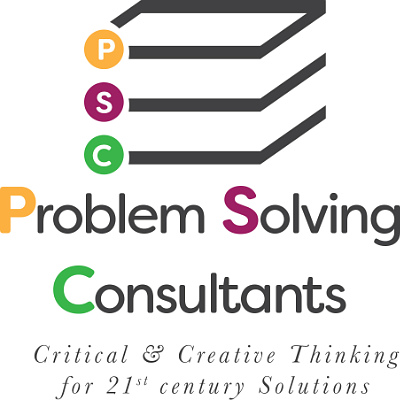Have you ever watched kids playing a video game as a team? Even if they have to communicate through IM, headsets or whatever, they work together as a team. The usual result is that the game level is mastered and they continue the positive progress. Now, have you ever watched kids play an online video game where they have to join a group, most often not composed of players of their own choosing? What do you think the difference is? Are you starting to ask yourself what does such a silly topic have to do with the problems in your organization? After all, your problems are far more serious than mastering some stupid video game, right? Maybe it’s not the problem which is so serious but your lack of understanding which is the obstacle to a lasting solution to the problem
An effective leader – one who is confident in his or her skills – will be open to learning new skills and insights into how to get the organization functioning at peak performance. Knowing the basics of group dynamics can give you the insight and knowledge that will help you work in tandem with a professional problem solver.
So let’s get back to what playing a video game might teach us. Looking at the two scenarios of teams we can see a difference almost immediately. A group that is given time to come together and function as a group will have a greater likelihood of success than a group that is thrown together and directed to achieve some goal in a short amount of time.
Yup, we can all learn something from playing video games.
